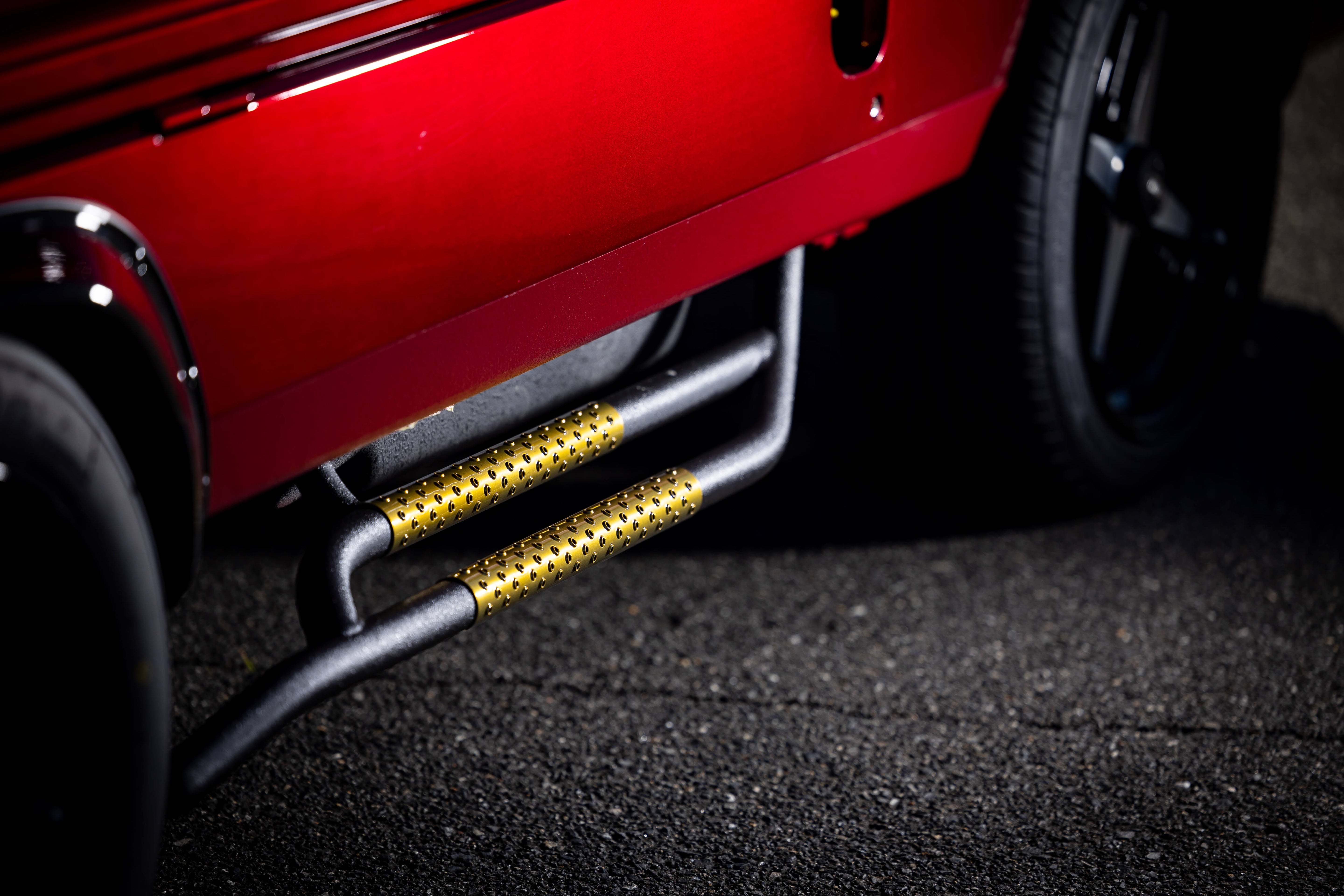Shop Kei Truck Parts & Accessories At Oiwa Garage
The World of Compact Utility Vehicles
In the world of compact utility vehicles, where the line between practicality and hilarity is often blurred, the kei truck stands proudly—if somewhat diminutively—at the forefront. These pint-sized powerhouses, originating from Japan, have gradually made their way across the globe, capturing the hearts (and wallets) of those who appreciate efficiency wrapped in a package small enough to make a Fiat 500 look like a land yacht. But what exactly goes into the kei truck cost? Let's delve into the world of these micro-marvels with the same investigative zeal as if we were uncovering the secrets of the Illuminati.
The Kei Truck: A Brief Introduction
For those unfamiliar, kei trucks are a class of small, light commercial vehicles that adhere to the unique Japanese kei car regulations. These regulations dictate the maximum dimensions, engine capacity, and power output, ensuring these trucks remain as compact as they are practical. With engines typically no larger than 660cc, these trucks are designed to be economical, both in terms of fuel consumption and initial cost.
Breaking Down the Cost
So, what does a kei truck cost? Well, like all good things in life, it depends. The price of a new kei truck in Japan can range anywhere from $8,000 to $15,000, depending on the make, model, and features. For example, a basic model might be closer to the lower end of that spectrum, whereas a decked-out version with all the bells and whistles—think air conditioning and power steering, not exactly standard features—might push you closer to the $15,000 mark.
However, once you factor in the costs of importation, taxes, and any necessary modifications to meet your local road safety standards, the price can climb significantly. In the United States, for instance, kei trucks are often sold in the second-hand market as off-road vehicles, with prices ranging from $5,000 to $10,000, depending on condition and mileage.
Schedule Your Import Consult and Purchase Kei Trucks Direct From Japan
Hidden Costs and Considerations
But wait, there's more! As with any vehicle, the initial purchase price is just the beginning. Maintenance costs can add up, especially if parts are hard to come by in your region. While kei trucks are generally reliable, their parts aren't always easy to source outside of Japan. Factor in the cost of potential repairs, and you might find yourself scouring the internet for a replacement carburetor at 2 AM.
Insurance is another aspect to consider. While some might assume that the cost would be as small as the truck itself, that's not always the case. Depending on how you plan to use your kei truck—be it for farm work, as a quirky urban runabout, or something else entirely—insurance rates can vary. It's best to shop around and compare quotes to ensure you're not paying more than you should.
Why Buy a Kei Truck?
Despite these costs, the kei truck offers unique advantages that appeal to a certain type of buyer. Their small size makes them ideal for navigating tight spaces, whether that's a crowded city street or a narrow farm trail. Their fuel efficiency is a boon for those looking to minimize their environmental footprint. Plus, let's face it: there's a certain charm to these vehicles that makes them irresistible to enthusiasts and collectors alike.
Conclusion
In the grand tapestry of vehicle ownership, the kei truck stands out as a quirky, efficient choice. While the kei truck cost can vary widely based on numerous factors, those who embrace the joys of owning such a unique vehicle often find the investment worthwhile. Whether you're hauling hay on a farm or turning heads on city streets, the kei truck proves that sometimes, good things do come in small (and economically efficient) packages.


2 comments
Stellar
This is my testimony about how I finally joined the New World Order, the Illuminati, after over two years of trying to join, but scammers kept taking my money. I wanted to join the Illuminati for so long, but scammers kept taking my money until earlier this year, when I met Lord Felix Morgan online. I contacted him and explained everything. He recommended I register, and I paid the large membership fee to get started. I was inducted into the World Order and received the sum of $1,000,000 upon induction. I am very happy! And I promise to spread the good work of Lord Felix Morgan. If you are interested in joining the Illuminati New World Order today, contact Lord Felix Morgan today. This is your best chance to obtain the Illuminati membership you have always wanted. Contact Lord Felix Morgan via WhatsApp Plus four four seven three zero two seven four five six
Stellar
This is my testimony about how I finally joined the New World Order, the Illuminati, after over two years of trying to join, but scammers kept taking my money. I wanted to join the Illuminati for so long, but scammers kept taking my money until earlier this year, when I met Lord Felix Morgan online. I contacted him and explained everything. He recommended I register, and I paid the large membership fee to get started. I was inducted into the World Order and received the sum of $1,000,000 upon induction. I am very happy! And I promise to spread the good work of Lord Felix Morgan. If you are interested in joining the Illuminati New World Order today, contact Lord Felix Morgan today. This is your best chance to obtain the Illuminati membership you have always wanted. Contact Lord Felix Morgan via email: Illuminatiofficial565@gmail.com or WhatsApp +447353027456